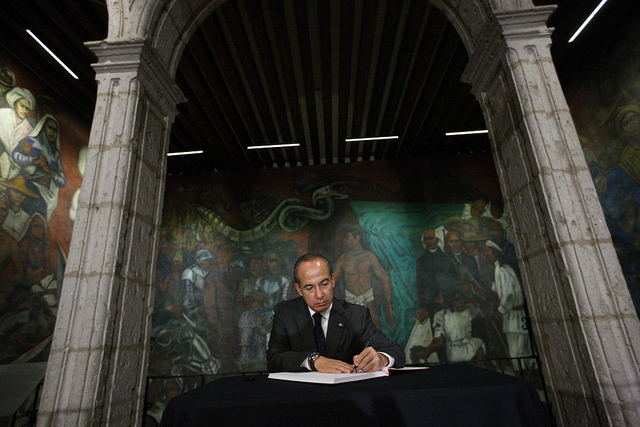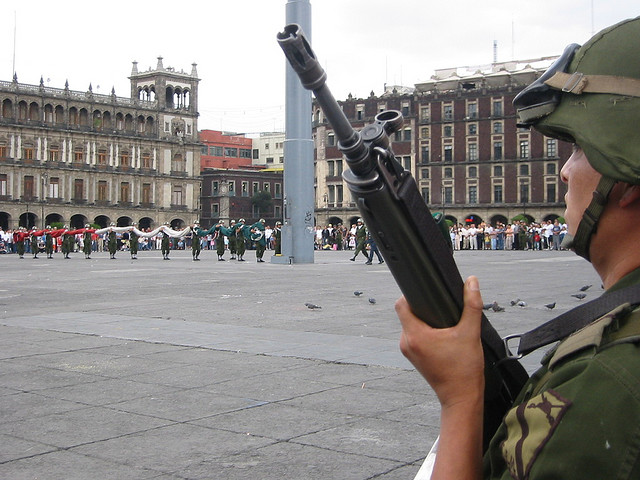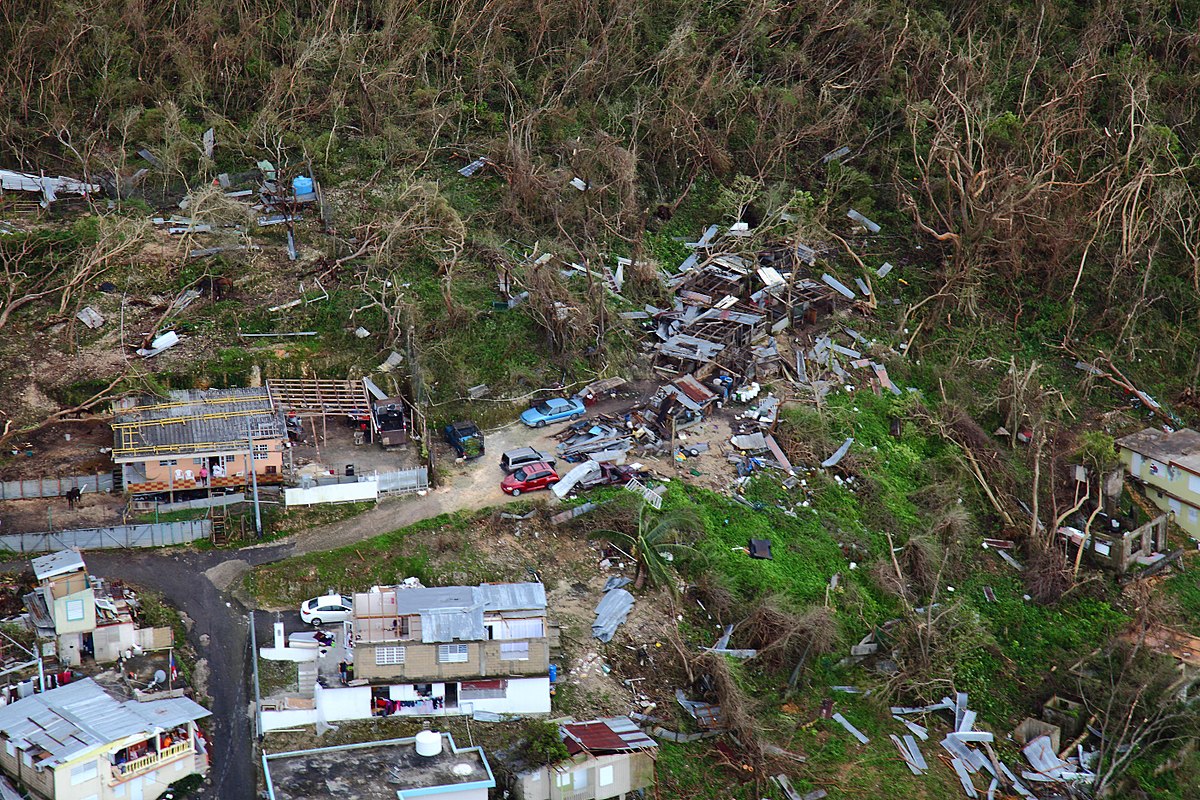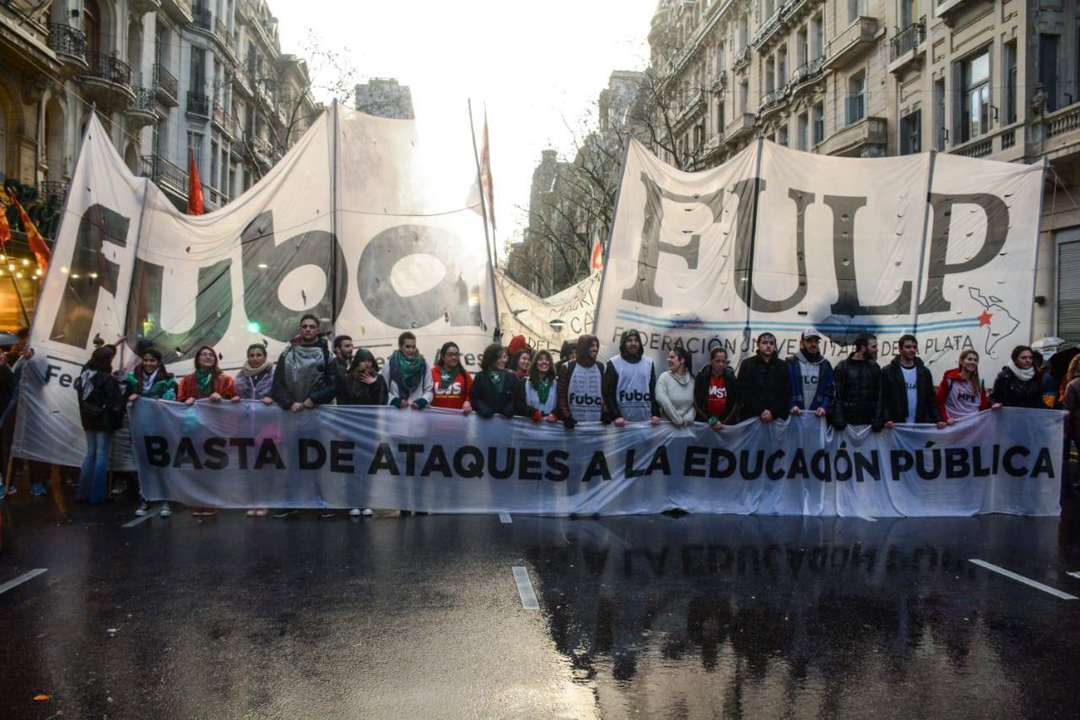
Central America, Latin America: Week in Review, Nicaragua
UN report accuses Nicaraguan government of repression and grave abuses
August 30, 2018 By Staff
TODAY IN LATIN AMERICA
NICARAGUA: The Office of the United Nations High Commissioner for Human Rights released a report yesterday accusing Nicaraguan authorities and allied paramilitary groups of killing, torturing, raping and forcibly disappearing anti-government protesters during four months of political crisis. Around 300 people have died and more than 2,000 have been injured according to the report. “Repression and retaliation against protesters continue in Nicaragua as the world looks away,” said in a statement Zeid Ra’ad al-Hussein, the United Nations human rights chief in one of his last official appearances before he is to step down from the post on Sept. 1.
President Daniel Ortega’s government dismissed the report saying it relied on anti-government media accounts. “The report is biased and slanted with subjective assertions,” the government said in its response to the U.N. office, also noting that it did not mention the attempted coup that Ortega says is being waged against him. Protestors have demanded Ortega steps down from power and calls for early elections but he has said he will stay in power until his term ends in 2021. Ortega’s administration also said the U.N. had overstepped its authority and violated Nicaragua’s sovereignty by evaluating the human rights situation when it had only been invited to accompany the verification commission established as part of the national dialogue between the government and the protesters.
After rejecting the U.N. report, Ortega attended a public act with thousands of his followers and said that he was going to ask the government of Costa Rica for an official list of Nicaraguans asking for asylum there. “We’re going to ask them for an official list to be able to tell with absolute certainty which ones have committed crimes, the others can return without fear,” said Ortega during the rally. The Costa Rican Ministry of Foreign Affairs answered later in the day that it would not provide such a list. About 23,000 Nicaraguans have requested asylum from their southern neighbor, according to Costa Rican authorities.
HEADLINES FROM THE WESTERN HEMISPHERE
NORTH AMERICA
UNITED STATES-COLOMBIA: U.S. investigators with the Drug Enforcement Administration are investigating whether a U.S. Army Special Force soldier who was arrested for attempting to smuggle a multi-million dollar drug shipment from Colombia to Florida is part of a bigger scheme. Army Master Sgt. Daniel Gould, a decorated veteran of Afghanistan, was arrested in Florida on August 13, after DEA agents found more than 90 pounds of cocaine in two backpacks aboard a military airplane that was bound for Florida. This is not the first time U.S. military personnel in Colombia supporting anti-drug operations has been linked to drug trafficking.
CARIBBEAN
PUERTO RICO: The Roman Catholic Archdiocese of San Juan filed for bankruptcy yesterday after officials embargoed $4.7 million from its accounts because of a lawsuit protecting the pensions of Catholic school teachers. Attorney Carmen Conde said the embargo caused an administrative crisis and that the Archdiocese cannot pay its water or power bills and has halted all charity work. Two years ago, the Archdiocese eliminated the pensions of several hundred teachers because payouts had exceeded contributions. This led to a lawsuit that sided with the teachers and ordered the Church to pay the pensions.
CENTRAL AMERICA
EL SALVADOR: Former president Elías Antonio Saca, who has already pleaded guilty in a trial that accuses him of allegedly embezzling $300 million, has asked the judges to only declare him responsible for $15,5 million. The three judges ruling the case announced the end of the trial yesterday and said they will issue a decision on the length of the prison sentence Saca and six others will face and the amount of money they will have to return on Sept. 12.
ANDES
COLOMBIA: President Iván Duque silently appointed a controversial far-right former Inspector General as ambassador to the Organization of American States in Washington D.C. on Monday. Alejandro Ordóñez was removed from his post during his second term in office after it was proved he used corruption to ensure his reelection and is under investigation by the OAS’ human rights court on political persecution charges for removing former Bogota Mayor, and second runner up presidential candidate, Gustavo Petro from office in 2015. A citizen petition on Change.org against Ordóñez’ appointment has already garnered over 200,000 signatures.
SOUTHERN CONE
ARGENTINA: President Mauricio Macri asked the International Monetary Fund yesterday for an early release of funds from the $50 billion loan to assuage concerns that Argentina will not be able to meet its debt obligations for 2019. The Argentine peso fell by more than 7 percent during the day reaching a new record low of 34.10 per U.S. dollar. The depreciation is making it harder for Argentina to pay the $24.9 billion debt payments in pesos and in foreign currency that are due next year. One of the world’s highest inflation rates and the budget cuts promised to the IMF are contributing to a recession that the government predicts will result in an economic contraction of 1 percent this year. The country’s biggest labor union, the CGT, said it will call a 24-hour general strike on Sept. 25 to protest Macri and the IMF’s austerity policies. Two smaller unions said they will go on a 36-hour strike beginning the day before.
BRAZIL: President Michel Temer said yesterday that authorities were considering limiting the number of Venezuelans allowed to enter Brazil each day by issuing chits to arriving migrants. Between 700 to 800 Venezuelans are entering Brazil each day and Temer said during a radio interview that the plan was to reduce this number “in order that 100, 150, I don’t know, 200 enter each day.” But later in the day Temer’s office said the chits were only aimed at improving the government’s ability to help the migrants and was not meant as a way of “closing off the entry of Venezuelans to Brazil.”




